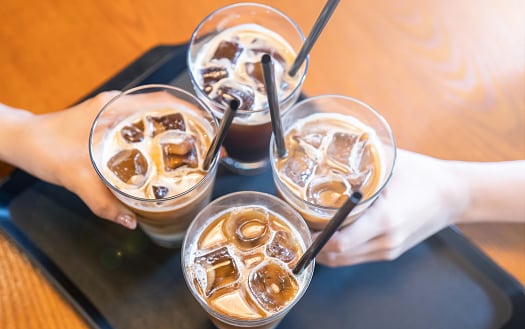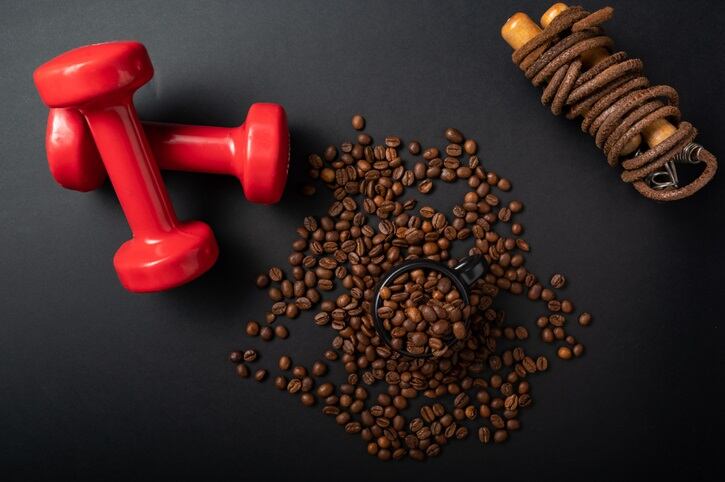South Korea is widely known to have one of the largest populations of school-age adolescent consumers that habitually consume caffeine as an aid to deal with long nights of school work and examination stress.
The issue was so serious that South Korea implemented an all-out ban of high-caffeine drink sales to students in schools starting in 2013. It banned the installation of coffee vending machines and introduced mandatory warning labels and rules to govern the production of high-caffeine drinks including coffee and tea.
Despite these measures, the issue appears to have continued to persist as students are more than capable of obtaining their caffeine fixes at off-school premises, primarily at convenience stores as these are often found near schools.
As such, the government has moved to focus on educating and warning students regarding the dangers of caffeine overconsumption via intensive campaigns at convenience stores and has decided to double down on these efforts this year.
“The pilot project to educate adolescent consumers on the risks of consuming too much caffeine started in 2021 and was held at 314 convenience stores around middle and high schools in Seoul and Gyeonggi-do – following this, a public survey saw 77% of respondents say that this has helped to reduce caffeine intake,” the local Ministry of Food and Drug Safety (MFDS) said via a formal statement.
“This year, we will thus be expanding the project to encompass 695 convenience stores including large chains such as CU, 7-Eleven, emart24, and GS25 located around middle and high schools all over the country.
“This is a necessary step given data showing that adolescent consumption of high-caffeine beverages in South Korea is continuing to increase, with 2019 Korea Centre for Disease Control and Prevention Data showing that some 12.2% of students take these three or more times a week, and our own data showing that 30% of adolescents that take these beverages tend to consumer three or more bottles daily.”
The project involves mandatory displaying of caffeine consumption warning signs on the shelves selling the high-caffeine drinks, which also state the side effects of excessive caffeine intake by teenagers in detail.
High-caffeine drinks in South Korea are defined as those containing 15mg or more of caffeine per 100ml, and many commercially available variants have 60mg to 100mg of caffeine in total per can. The recommended maximum daily intake of caffeine for a 60kg adolescent is 150mg.
“The aim is to publicise and increase the awareness on the side effects of excessive caffeine intake so these adolescents will recognise the risks and take more control of their own caffeine intake,” the ministry said.
“This time around, we will also place more emphasis on how to check the labels of these beverages to understand the caffeine content, and display advice to refrain from consuming more than one can of these sorts of beverages per day on the convenience store payment screens.”
Risks in other markets
South Korea is not the only market with a caffeine challenge – earlier this year, Food Standards Australia New Zealand (FSANZ) data also revealed a lack of understanding amongst local consumers regarding the caffeine content in regular food and drink as well as a risk of overconsumption.
“Most consumers from the broader population reported perceived negative side effects from consuming caffeinated food and beverage products [but] this did not always cause consumers to reduce their caffeine intake,” FSANZ said via formal documentation.
“[For example], studies showed that coffee and energy drinks were still regularly consumed by New Zealand university students despite experiencing adverse symptoms; and other studies showed that consumers tend to be unaware that caffeinated RTDs [such as soft drinks or energy drinks] contain caffeine.”
Coffee was highlighted as the major contributor to overconsumption.



